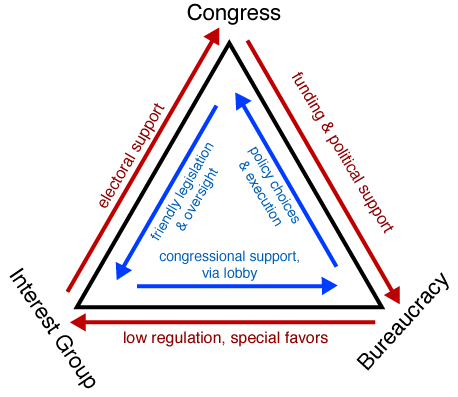Just got a chance to look more at this which is also from Appriss:
Data Driven Justice Incarceration Report - Identifying Super Utilizers with Incarceration and Prescription Monitoring Data
@maiasz
appriss.com/safety/wp-cont…
Data Driven Justice Incarceration Report - Identifying Super Utilizers with Incarceration and Prescription Monitoring Data
@maiasz
appriss.com/safety/wp-cont…

If they take this down and anyone wants a copy, let me know. It's already in my repository.
This is the definition of #SurveillanceCapitalism.
Found another one. This is a presentation by David Speights, PhD Chief Data Scientist at Appriss.
@maiasz
naco.org/sites/default/…
@maiasz
naco.org/sites/default/…

Appriss intends to generate a new kind of score based on arrest records:
@maiasz
naco.org/sites/default/…
@maiasz
naco.org/sites/default/…

Care coordination:
"Appriss Health and PatientPing platform serves the largest integrated delivery systems in the U.S., including 2,500 hospitals, 7,500 post-acute facilities, 25,000 pharmacies ... every national pharmacy chain and 43 state governments."
clearlake.com/wp-content/upl…
"Appriss Health and PatientPing platform serves the largest integrated delivery systems in the U.S., including 2,500 hospitals, 7,500 post-acute facilities, 25,000 pharmacies ... every national pharmacy chain and 43 state governments."
clearlake.com/wp-content/upl…
Statement by Brad Bauer SVP Appriss Health before House Committee on Energy & Commerce Subcommittee on Health 2018 talks about linking disparate patient data such as drug court information with "integrated" PDMPs:
energycommerce.house.gov/sites/democrat…
energycommerce.house.gov/sites/democrat…
This is a sort of scary aggregation of services and products that would support a police state with social credit as currency. It seems helpful on the surface until you understand Appriss's strategic product offerings.
appriss.com/health/wp-cont…
appriss.com/health/wp-cont…

Doctors and other healthcare professionals will not be immune from exclusion in the Appriss social credit empire. Appriss Insights was recently acquired by Equifax for 1.825 billion.
apprissinsights.com/wp-content/upl…
apprissinsights.com/wp-content/upl…

And, from Appriss Safety, "Investigate, Locate, and Monitor Non-Custodial Parents"
apprisssafety.com/wp-content/upl…
apprisssafety.com/wp-content/upl…

• • •
Missing some Tweet in this thread? You can try to
force a refresh









